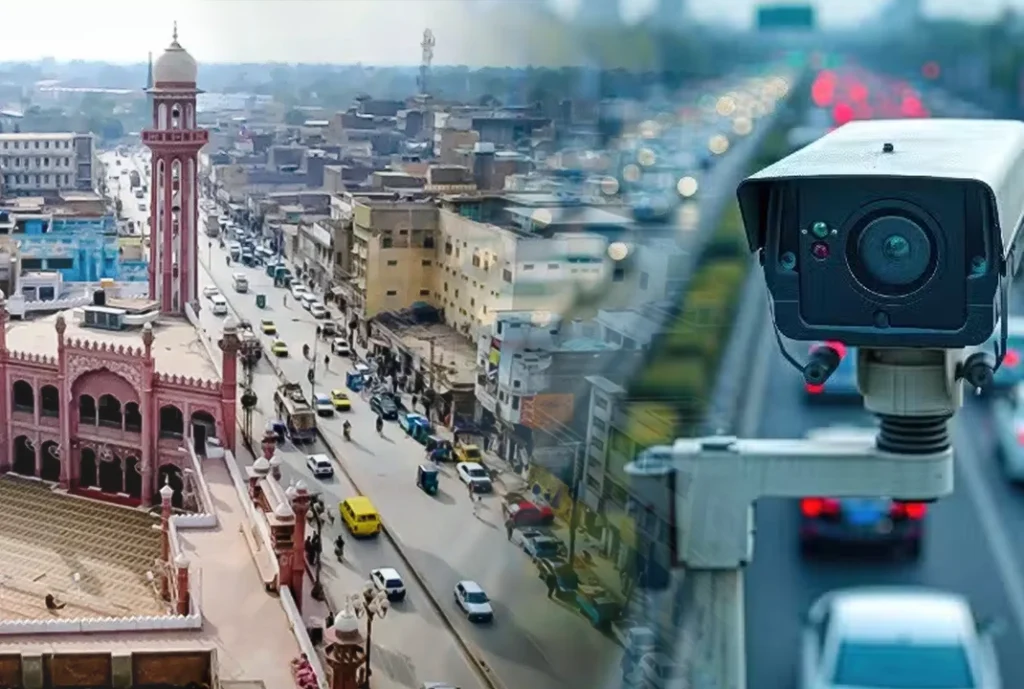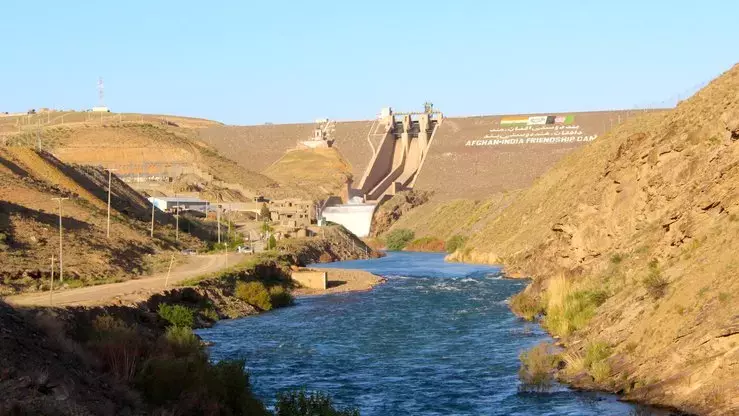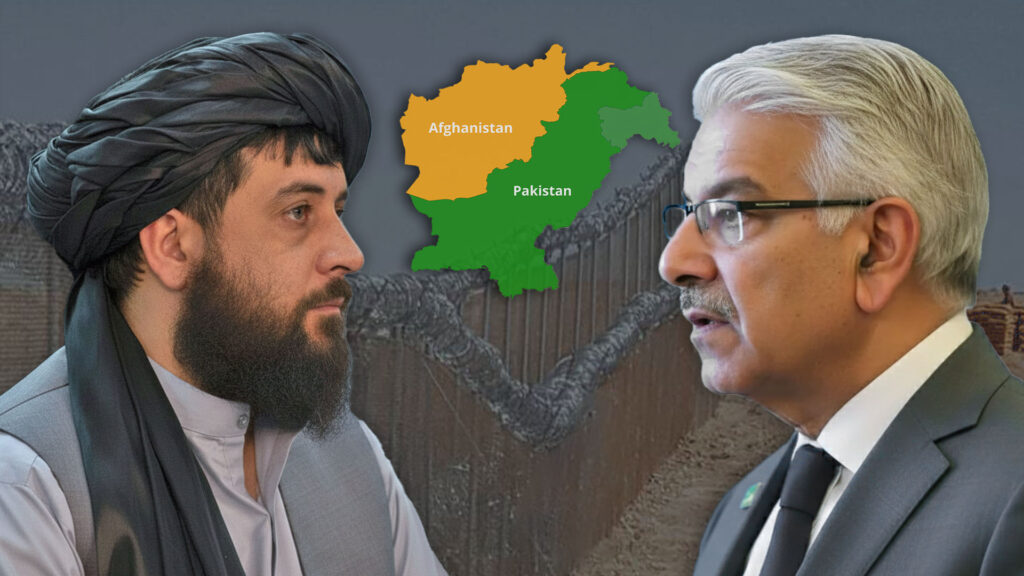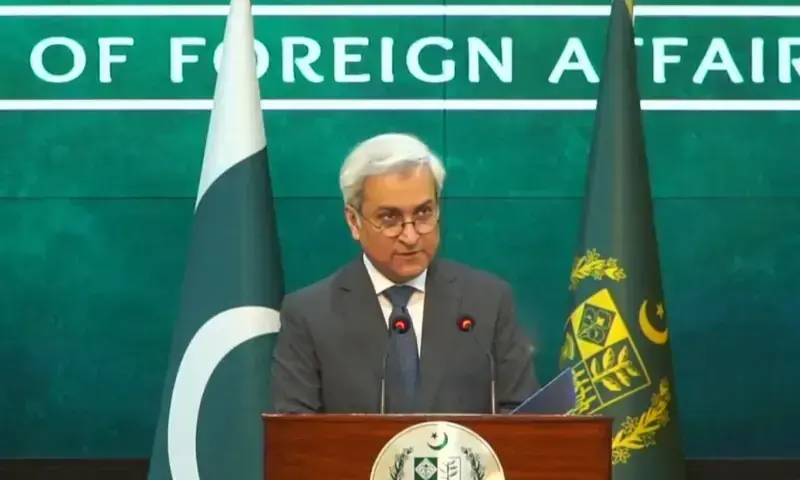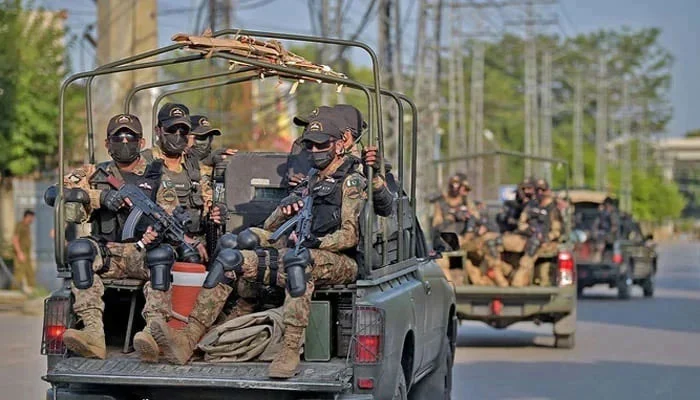By: Timur Khan
The long-delayed Safe City Project in Khyber Pakhtunkhwa (KP) has finally started taking shape. The provincial government has decided not only to fast-track the project to control terrorism and rising crime but also to extend it to the merged districts. Several districts will be included in different phases of the project, and sources say a separate Safe City Project Authority may also be established.
A Long-Awaited Launch
First proposed in 2008, the project is now becoming a reality after an 18-year delay. With a budget of PKR 6.974 billion, it will provide a modern and comprehensive surveillance system in the provincial capital, covering key entry and exit points with artificial intelligence (AI)-enabled cameras. The new completion date is set for June 30, 2027.
Past Wastage of Funds
A Project Management Unit (PMU) was set up in 2008 to implement the project. However, sources say millions of rupees were spent on salaries and other expenses, with little practical progress. Despite rising terrorism and worsening law and order, the project remained stalled in administrative delays and funding issues for years.
Current Progress and Technology
Work began this year after a formal agreement between the KP government and the National Radio and Telecommunication Corporation (NRTC).
Phase One: 710 high-resolution cameras are being installed at 125 key locations in Peshawar, with the ability to store 30 days of footage. This phase will cost PKR 2.2 billion.
Expanded Coverage: In later phases, the number of cameras will increase to 8,500.
AI Technology: These cameras will be connected to the police database and will use AI to automatically identify vehicles and criminals. They can even recognize individuals’ eyes and track repeated movements or locate wanted persons.
Objectives and Features
Police officials say the project will cover all major entry and exit points in Peshawar, ensuring effective monitoring of every vehicle and individual entering the city.
Traffic Control: The system will automatically detect and act on 15 types of traffic violations.
Integration: It will link with the BRT network, commercial building CCTV systems, government and semi-government department cameras, and private cameras installed by citizens.
Immediate Response: Project Director Rai Ejaz Ahmad said the cameras will alert police immediately upon detecting criminals or registered vehicles. The system will also connect to the Excise Department’s database.
Audio Recording & Privacy Concerns: The cameras will also record audio, which will help prevent crimes but has raised concerns about citizens’ privacy.
Current Work Pace
According to police, excavation, concrete filling, and pole installation are progressing rapidly. In Hayatabad, 78% of excavation and 67% of steel fixing and pole assembly has been completed. The cameras in Peshawar are scheduled to be operational by November 30, though there are concerns that the work may not meet the deadline.
Key Role and Expansion
IGP Khyber Pakhtunkhwa Zulfiqar Hameed said the project will create a modern, technology-based policing network in the province, playing a key role in counterterrorism and crime prevention. Punjab Safe City Authority is providing technical support for implementation.
Expansion Plan
The project was initially planned for Dera Ismail Khan, Bannu, and Lakki Marwat, with future phases targeting North Waziristan, Tank, Karak, Mardan, Kohat, Nowshera, Swat, and Abbottabad. The Chief Minister has now ordered that the merged districts also be included. Sources say that if the merged districts are not included in the first phase, they will definitely be part of the second phase.

